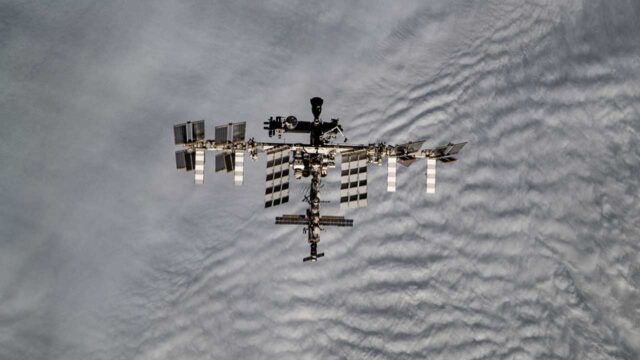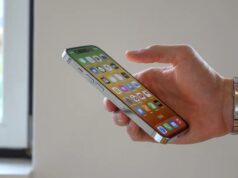
The International Space Station (ISS) National Laboratory marked a significant year in 2024, facilitating the launch of 110 payloads across seven missions. This expansive endeavor enabled vital advancements in various scientific fields, from biotechnology to in-space manufacturing. The payloads, integrated through partnerships with companies, academic institutions, and government agencies, exemplify the ongoing efforts to harness the unique conditions of low Earth orbit for research that benefits life on Earth.
The initiatives this year encompassed four NASA-funded Commercial Resupply Services missions, two crewed missions by NASA astronauts, and one private astronaut mission undertaken by Axiom Space, showcasing the diverse avenues for accessing the space-based laboratory.
Highlights from 2024’s Space-Based Innovations:
- In-Space Manufacturing Takes a Leap: The ISS National Lab’s commitment to in-space manufacturing yielded groundbreaking results in 2024. Notably, Redwire Corporation’s BioFabrication Facility achieved significant progress by 3D printing cardiac tissue structures, potentially revolutionizing medical treatments on Earth. Additionally, Flawless Photonics succeeded in producing over 11.9 kilometers of ZBLAN optical fiber, which promises superior performance over traditional silica fibers.
- Pharmaceutical Advancements in Microgravity: Both Bristol Myers Squibb and Eli Lilly and Company made strides in pharmaceutical development through the Pharmaceutical In-space Laboratory Bio-crystal Optimization eXperiment. This platform facilitated the growth of small-batch crystals in microgravity, aiming to enhance the efficacy of protein-based therapeutics.
- Technology Validation Through ArgUS and Astrobees: The Airbus U.S. Space and Defense’s ArgUS platform and NASA’s Astrobees robots undertook new projects that included everything from Earth observation to testing novel 3D mapping technologies, highlighting the space station’s role in advancing remote sensing and robotics.
- Cold Welding Experiments for Spacecraft Repairs: The Malta College of Arts, Sciences, and Technology’s ASTROBEAT project tested cold welding techniques intended for the repair of spacecraft hulls, a critical advancement considering the increasing concerns over space debris.
Research Addressing Health Challenges:
- Stem Cell Research in Microgravity: The Sanford Stem Cell Institute at UC San Diego pursued its research on tumor organoids, which could lead to improved cancer diagnostics. Similarly, a study on 3D brain models at the ISS examined the pathology behind neurodegenerative diseases such as Parkinson’s and multiple sclerosis, with the potential to inform future therapeutic approaches.
Educational and Future Preparation Initiatives:
- Engaging the Next Generation: 2024 also saw the ISS National Lab encourage future scientific pursuits through educational initiatives. Genes in Space’s 11th investigation, led by Yale freshman Isabel Jiang, explored gene editing under space conditions, providing insights into genetic stability during spaceflights. Additionally, the 18th mission of the Student Spaceflight Experiments Program engaged students across 38 communities, fostering early interest in STEM careers.
The ISS National Lab’s endeavors in 2024 have not only pushed the boundaries of space-based research but also set the stage for tangible benefits on Earth. These collaborative missions underline the growing importance of low Earth orbit as a unique platform for scientific discovery and technological innovation.










